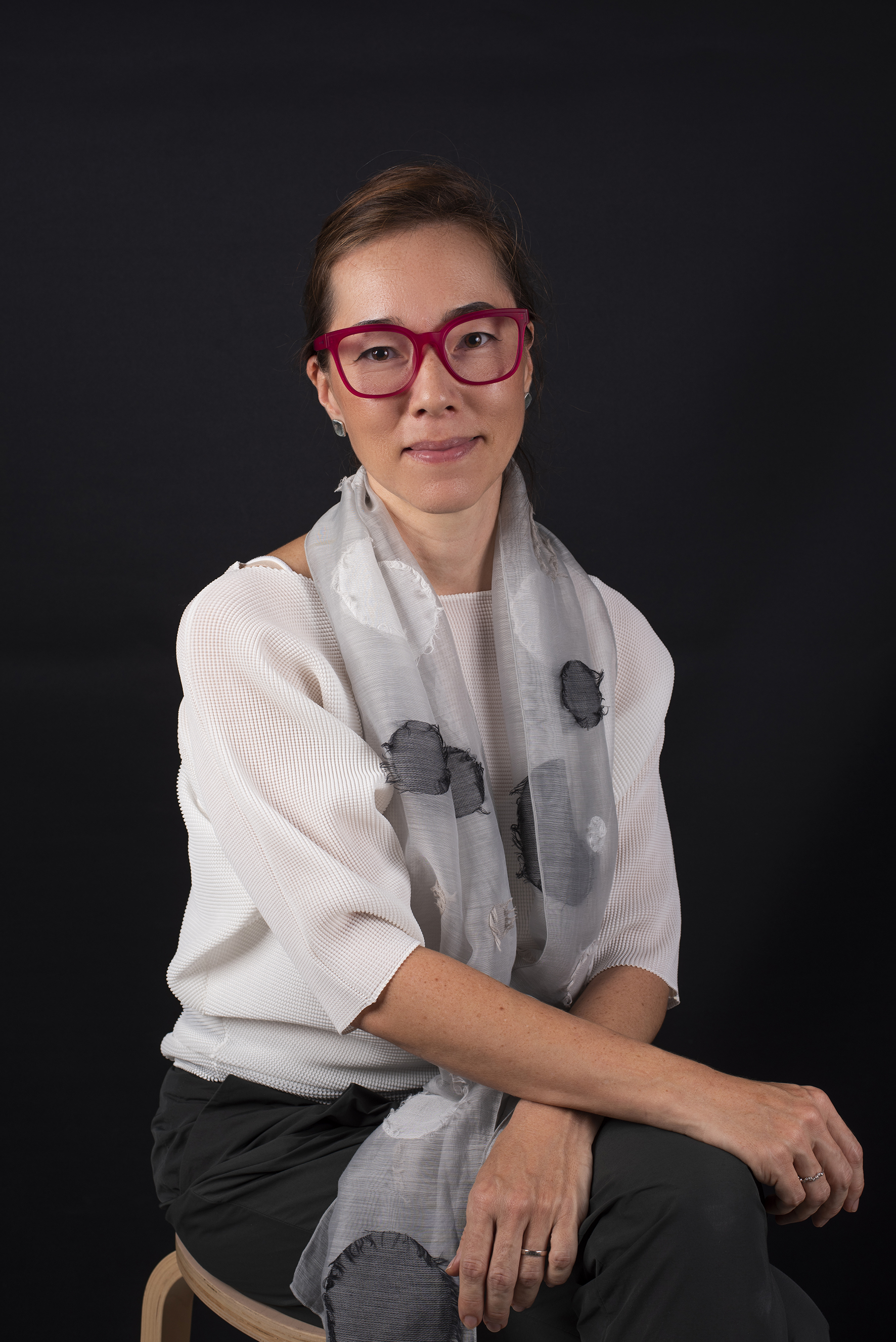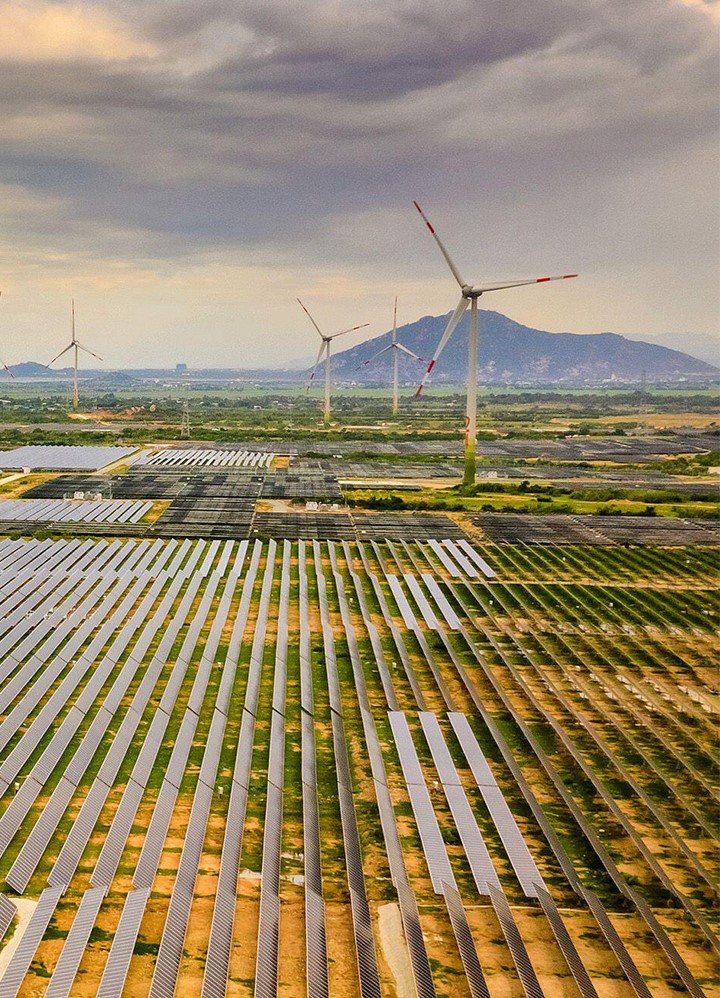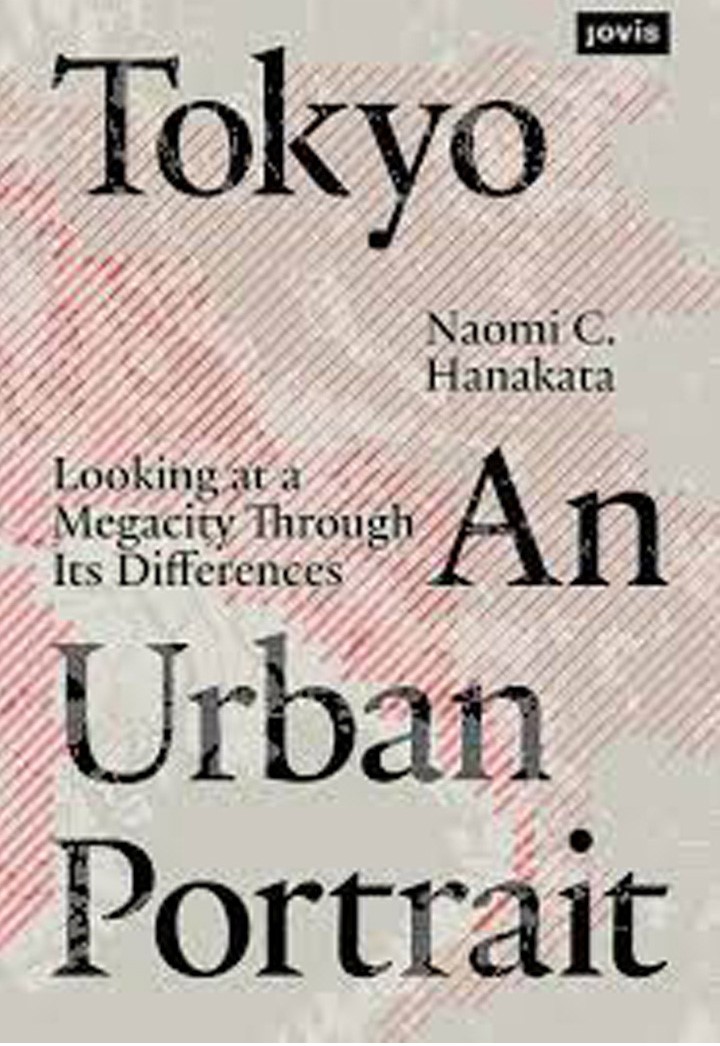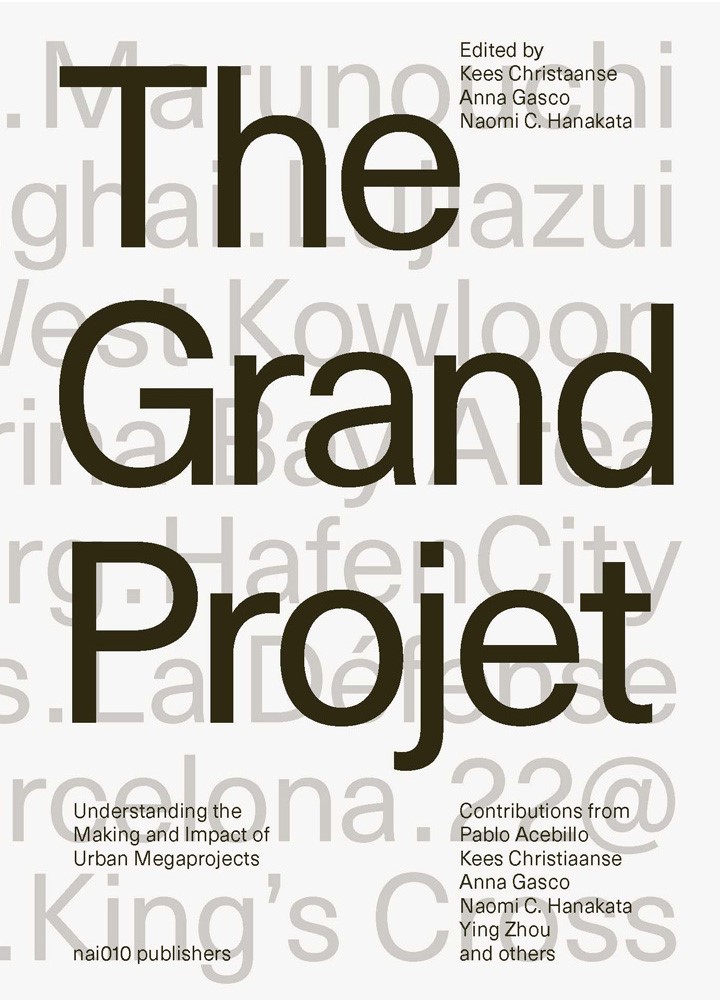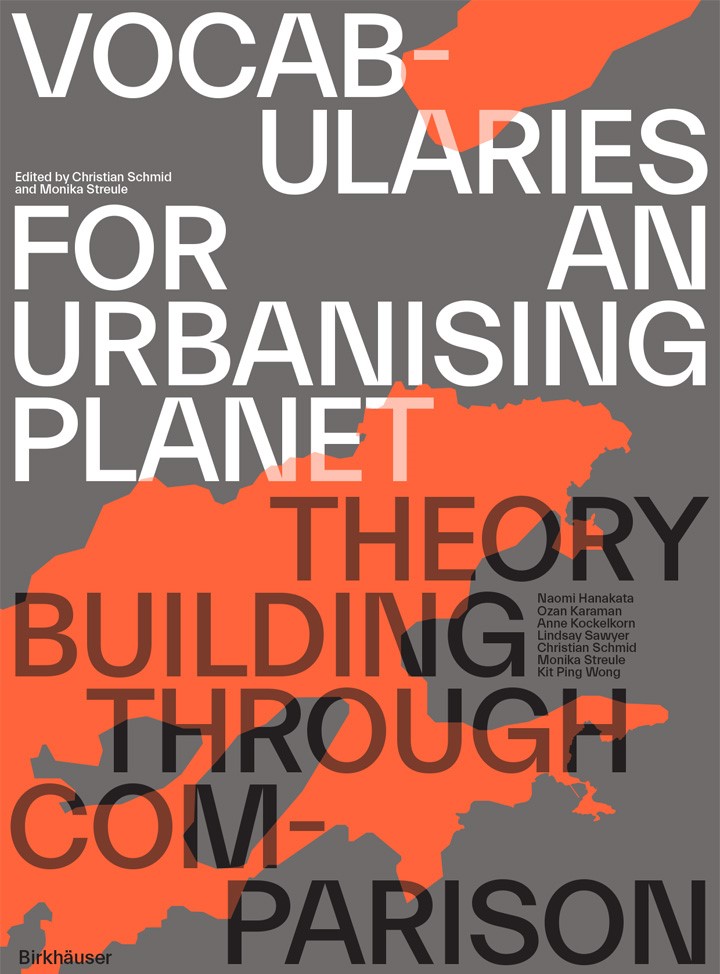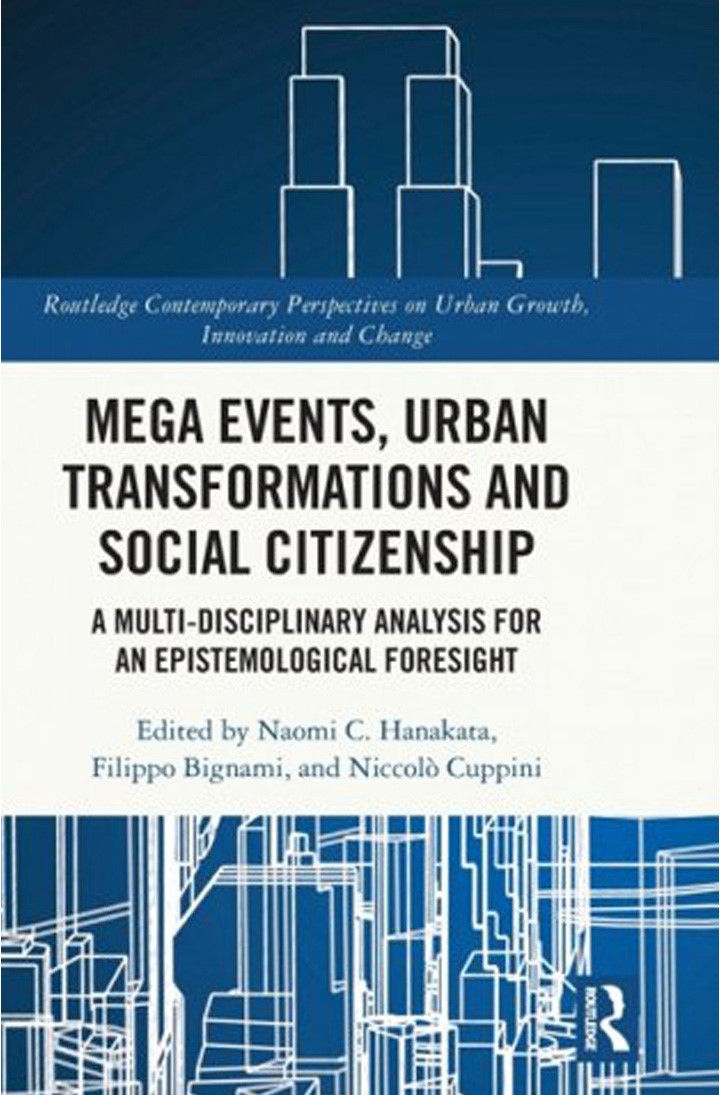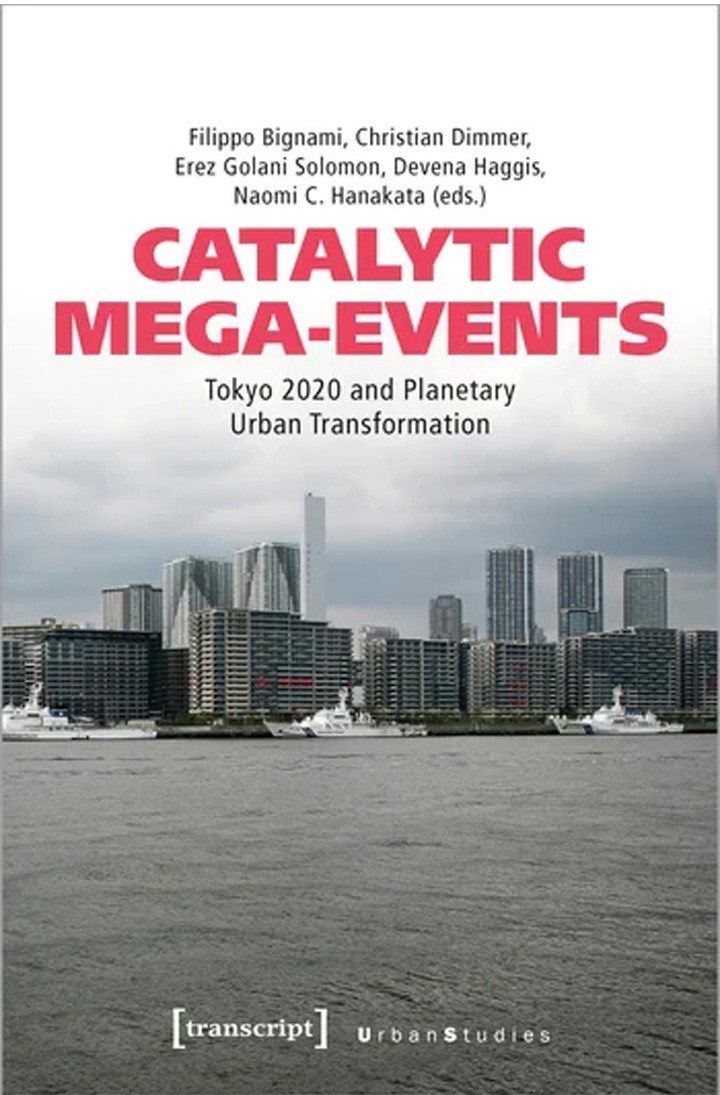Naomi HANAKATA (Dr)
Assistant Professor (Tenure Track)
Dr Hanakata is also the Co-Founder of HANAKATA, a research and planning practice based in Singapore.
Prior to joining NUS, Dr Hanakata worked as Senior Researcher and Project Coordinator of the Grand Project: Towards Adaptable and Liveable Urban Megaprojects, Thinking Urban Futures, and Waterfront Tanjong Pagar Multidisciplinary Research Project at the Future Cities Laboratory, Singapore-ETH Centre for Global Environmental Sustainability. She obtained her doctorate from ETH Zurich in 2016.
Dr Hanakata’s research interests are in adaptive and strategic planning for high-density urban energy landscapes, planetary urbanization processes, platform urbanization, and in fostering the role of planning in a sustainable urban development practice: how visions, schemes, mechanisms of implementation and management can respond to specific situations, while following a sustainable urban development paradigm particularly in light of climate change and in an inevitable global context.
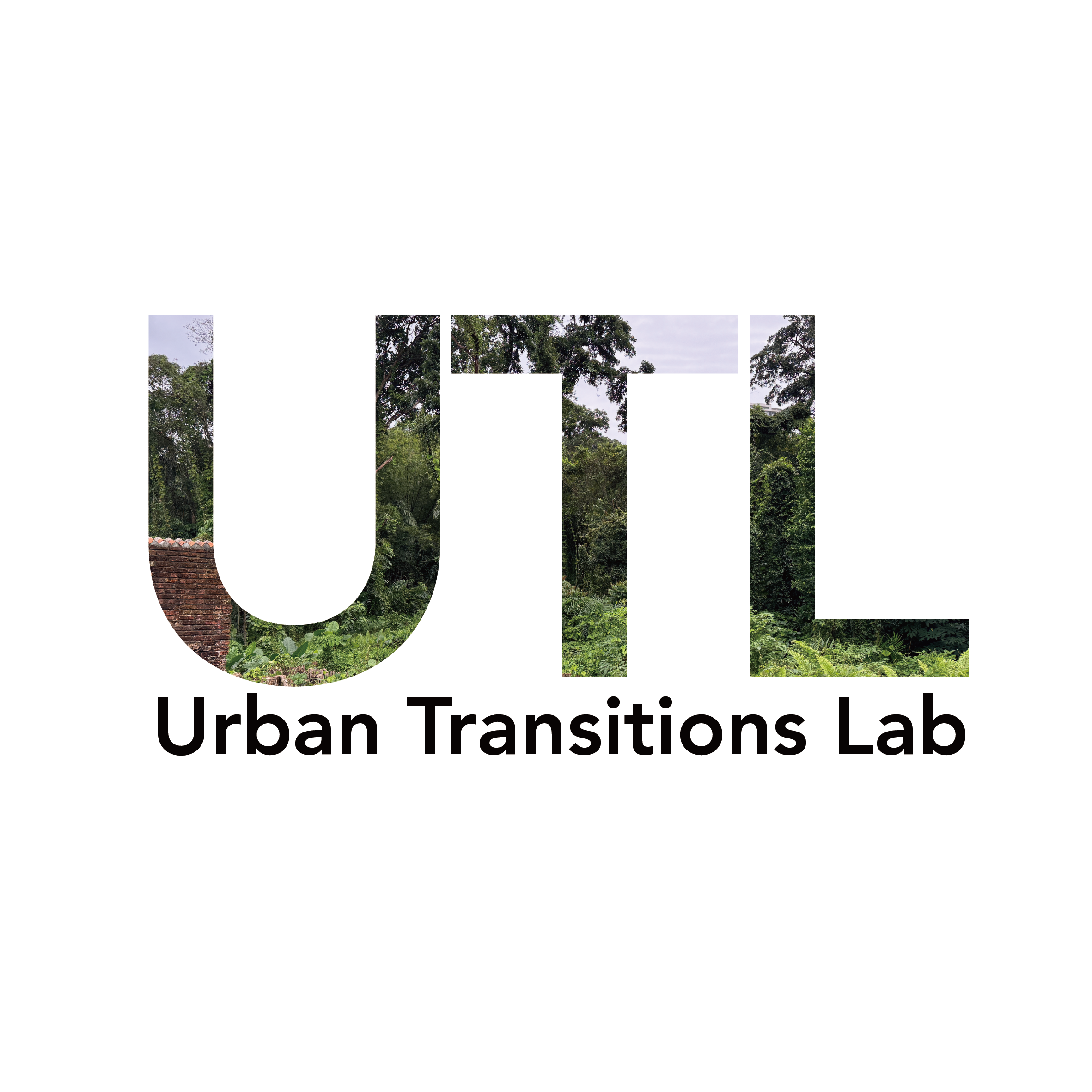
The Urban Transitions Lab is a research and design lab under Assistant Professor Dr. Naomi C. Hanakata at the National University of Singapore exploring the dynamics of change in and across urban areas. We investigate how urban environments adapt and evolve in response to complex challenges and uncertainties – social, ecological, technological, and spatial.
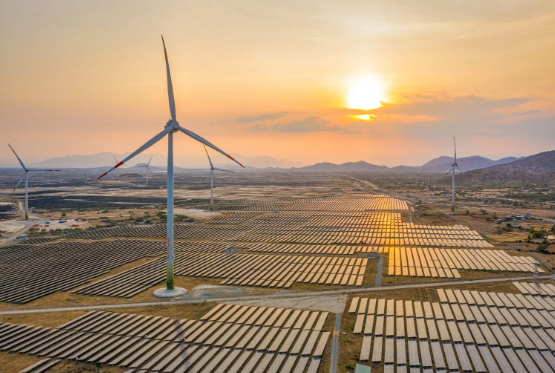
This workshop is jointly organised by the Asian Urbanisms Cluster and Science, Technology and Society Cluster at the Asia Research Institute, National University of Singapore, with funding support from the NUS Humanities and Social Sciences Seed Fund Grant on the project titled “Singapore’s Entanglement in the Energy Transition: Challenges and Potentials for a Regional,

This project seeks to explore the potentials and implications of the renewable energy transition in Southeast Asia by studying the role of Singapore in this process. It takes renewable energy (production) as lens to investigate the relationship between extended urban regions as productive territories and urban centralities as sites of consumption and control and the (newly emerging) topologies of social just implications. This builds on the fact that the growing demand for renewables increases the demand for and pressure on land, resources, and efficiency due to the relative lower power densities of renewables compared to fossil fuels. Hosting Institution: Asia Research Institute (ARI) Running Time: February 2024 to August 2025 Team: Naomi C. Hanakata (PI); Hiromi Inagaki (Collaborator); Filip Biljeki (Collaborator); Reetu Kumari (Research Assistant)

This research aims to develop a robust strategy for adaptive planning for the long-term development of urban areas. It specifically addresses the challenges of urban, coastal zones by considering the multi-stressors and dynamic conditions this area is characterised by. The proposal transgresses conventional planning by making time a key planning parameter allowing to incorporate uncertainties into the planning process and the possibilities for multiple, optimal outcomes. Hosting Institution: College for Design and Engineering (CDE) Running Time: March 2024 to March 2026 Team: Naomi C. Hanakata (PI); Xiaobo Li (Collaborator); Dorothy Tang (Collaborator); Vincent Gan, (Research Assistant); Geng Guoqing (Collaborator); Li Yuzhu (Collaborator)
